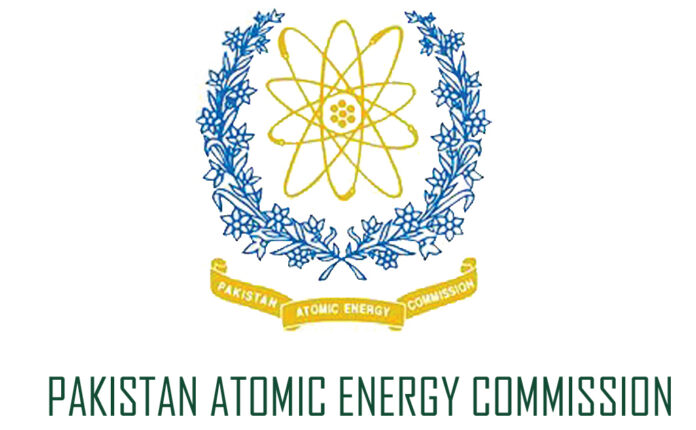The heart, about the size of a fist, propels blood through the circulatory system. While heart disease—such as heart attacks, high blood pressure, and high cholesterol—has often been considered a “man’s problem,” it affects women just as much, albeit with different symptoms. This makes diagnosis difficult and increases risks due to overlooked symptoms and common misconceptions.
Here are some myths about women’s heart health debunked. Myth 1: Heart disease only affects men Contrary to the belief that heart disease mainly affects men, more women than men die from coronary artery disease each year. In India, heart disease is the leading cause of death in women, accounting for nearly 18% of female deaths.
Women often face higher mortality and worse outcomes after a heart attack, in part because of delayed treatment and less prescribing of essential drugs such as statins and blood thinners. Myth 2: Heart disease only affects older women While the risk of heart disease increases with age, younger women are not immune.
Factors such as smoking, high cholesterol, diabetes, family history and stress can lead to heart problems in women long before menopause. Women in their 20s and 30s can be affected, especially if they have a genetic predisposition or an unhealthy lifestyle. Myth 3: Heart attack symptoms are always obvious Women are prone to “silent” heart attacks, where the symptoms are less noticeable but just as dangerous.
It is important to recognize symptoms such as stomach or jaw problems, chest pressure radiating to the arms, neck or back, sudden shortness of breath, nausea, sweating, dizziness, extreme tiredness or indigestion. Myth 4: Cholesterol only affects men Many women believe that cholesterol problems mainly affect men, but this is false. High LDL cholesterol is dangerous for everyone.
Women, especially after menopause, should carefully monitor their cholesterol levels, as declining estrogen increases the risk of heart disease. Myth 5: Heart disease is less of a concern than breast cancer While breast cancer is the most common cancer in women worldwide, heart disease remains the leading cause of death, surpassing all cancers combined.







